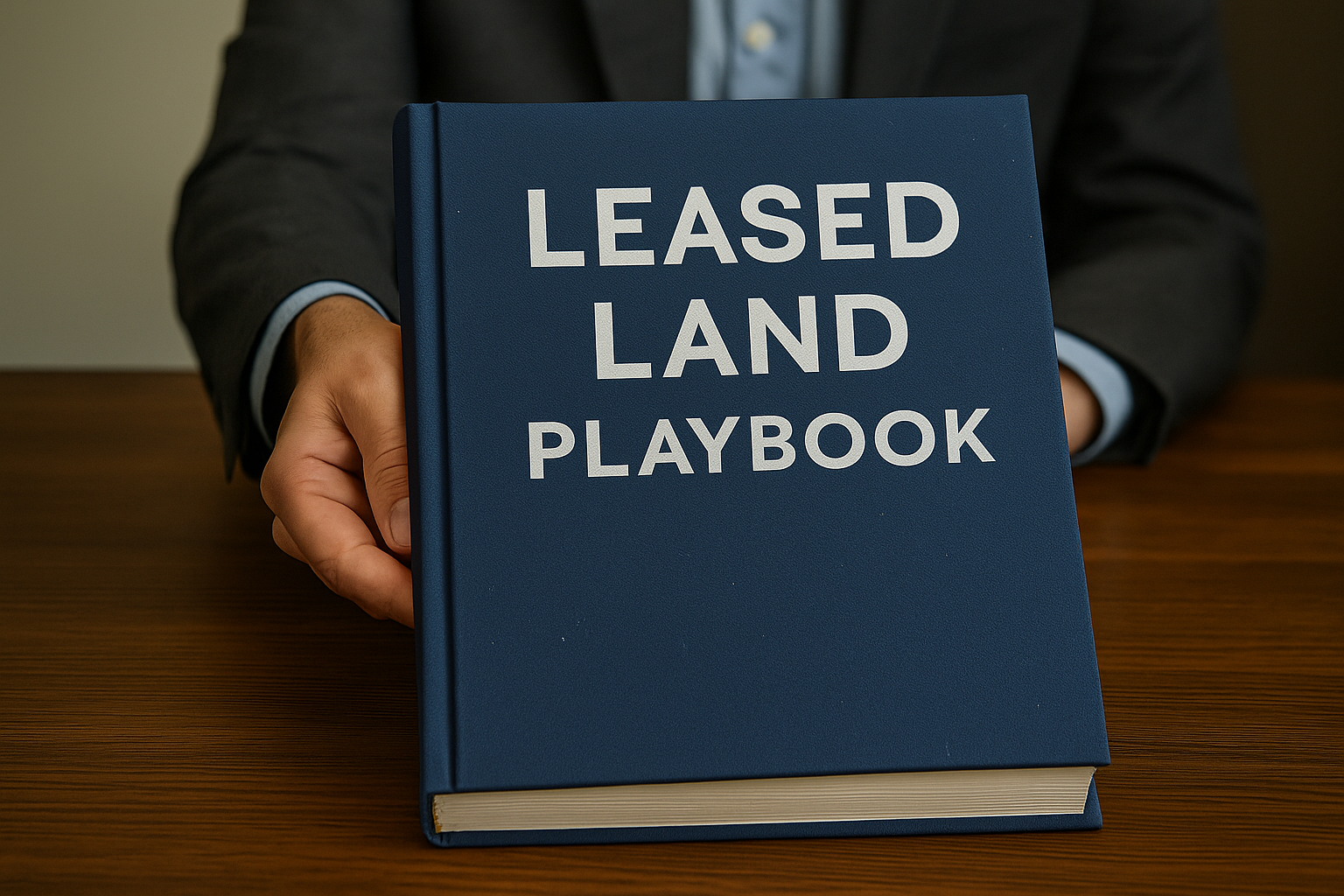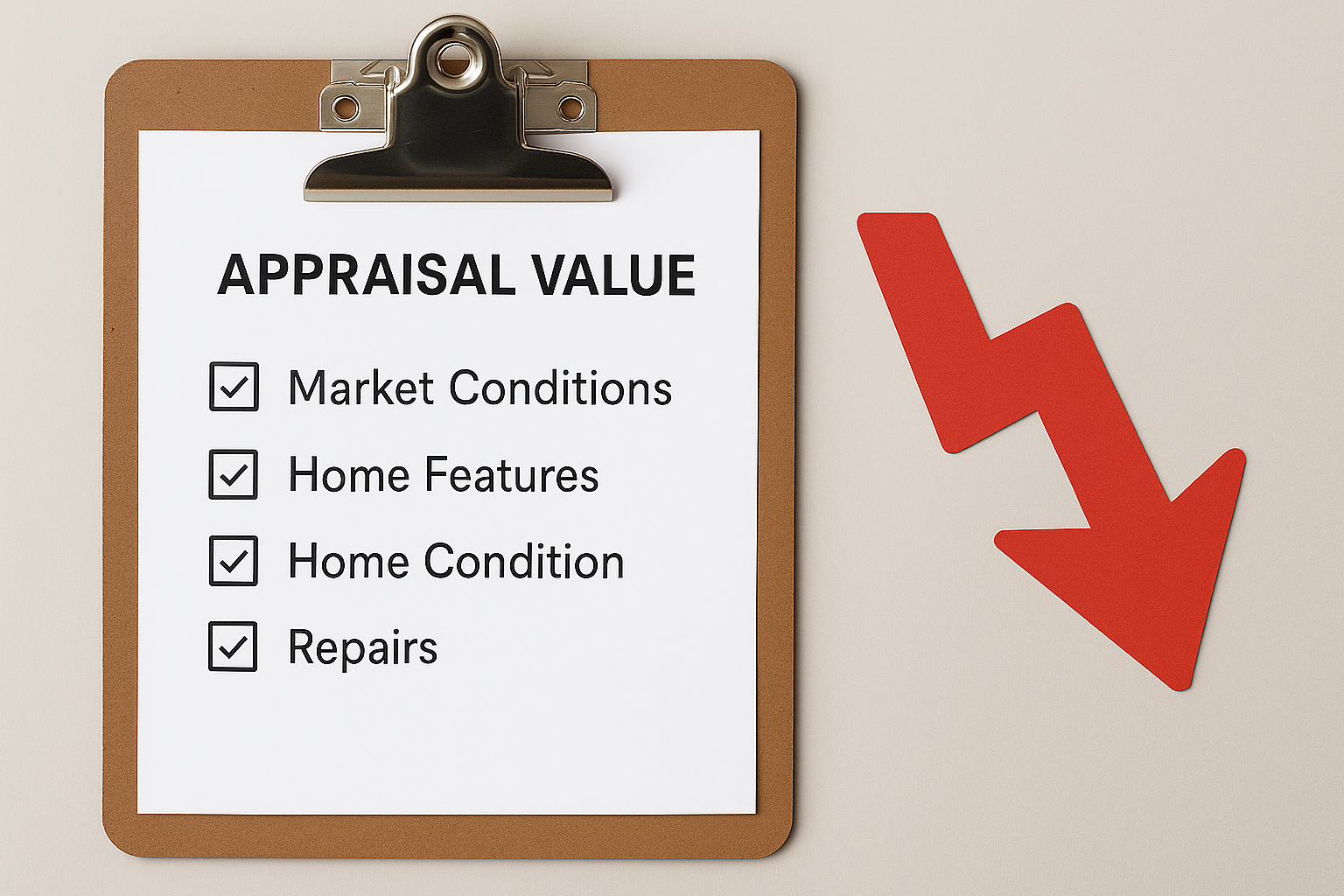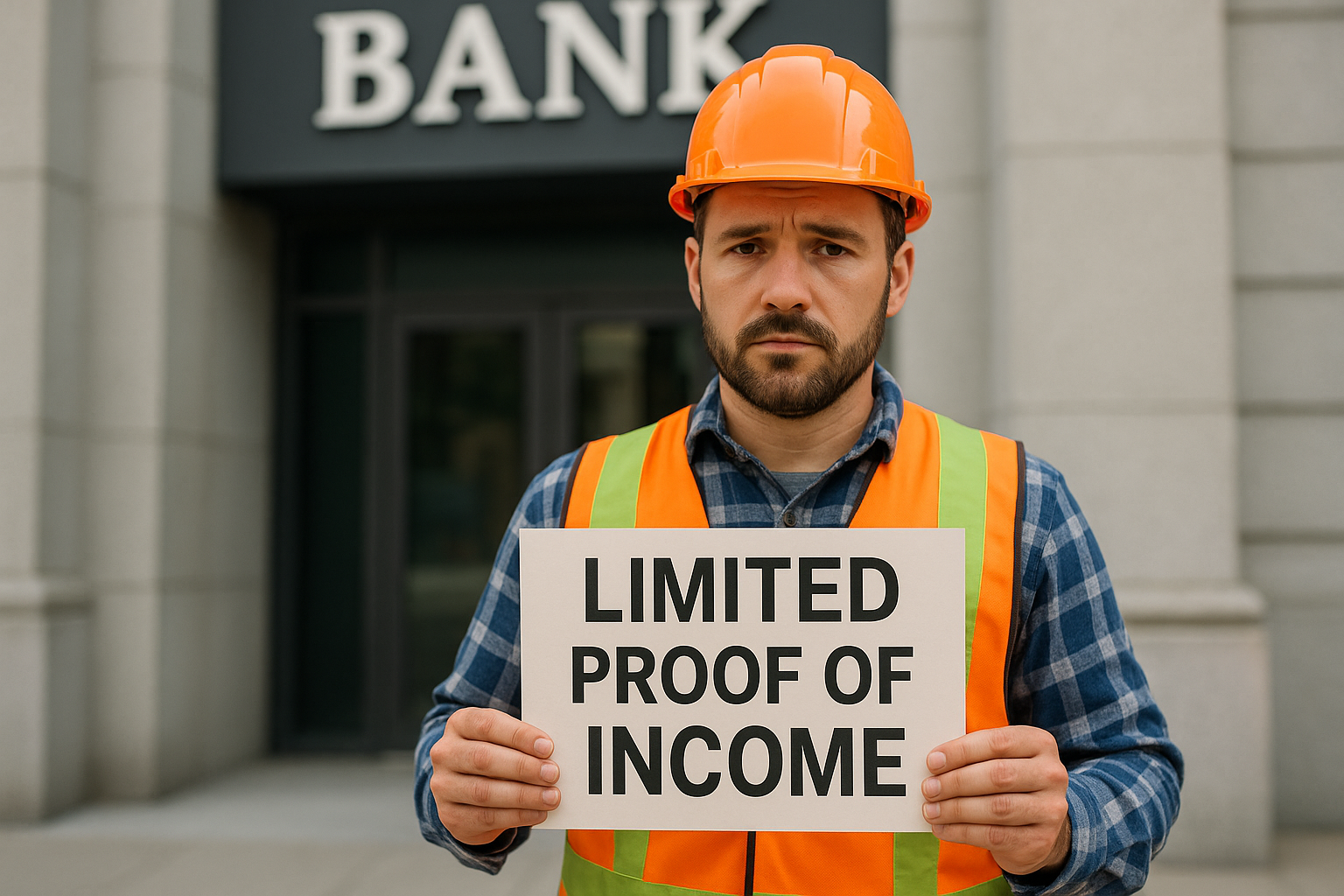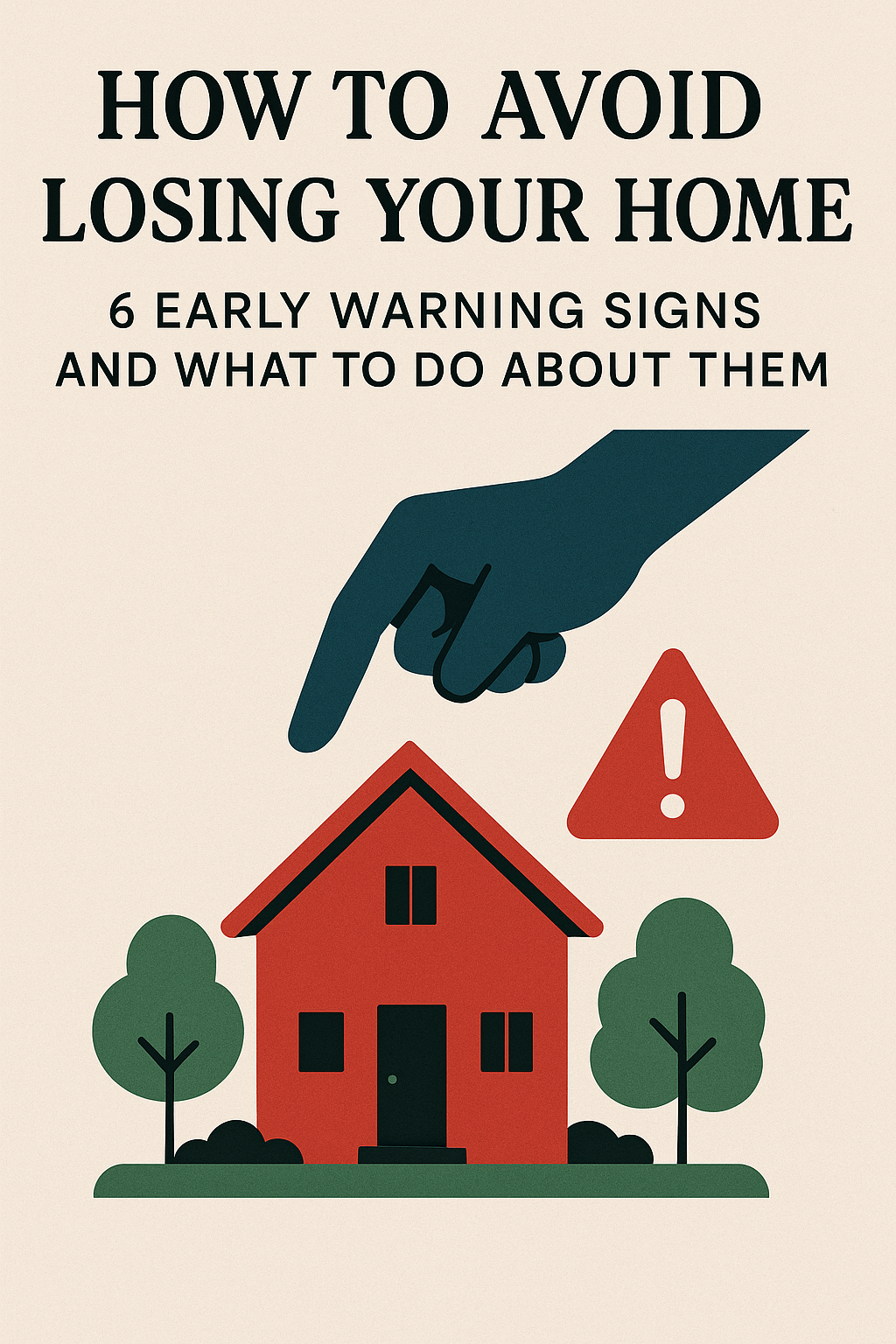If you refinancing or purchasing a home, know why you may need a high-risk mortgage lender in Ontario. A high-risk borrower is someone that creditors or lenders consider as likely to default on his loan or mortgage. One of the factors that lenders look at to determine a person’s creditworthiness is the credit score. Most lenders would look for a score that’s higher than 620, especially for a mortgage. Those with higher credit scores are likely to make payments on time and have the capacity to repay their loans. Consumers with low credit scores have higher credit utilization ratios and are likely to default.
Employment status is also one thing that creditors look at when you apply for a home loan or a mortgage. They mostly prefer those applicants with a regular employer. You are considered high-risk if you are self-employed and don’t work 40 hours a week. If you’re applying for a mortgage loan and you only have less than 20% downpayment in your home equity, lenders would also consider you high-risk. Any payment delinquency from your taxes, credit cards, student loans, and other financial responsibilities falls into the high-risk category.
Table of Contents
ToggleWhy Lenders Deny High-Risk Borrowers
What is your credit score? Do you have a history of missed payments on your credit report? If you have bad credit, conventional banks in Canada will likely deny your loan or mortgage. Banks always prefer borrowers who have the capacity to repay their loans. If you have a lower income, chances are you will not get approved for a home equity loan.
Conventional banks rarely approve high-risk borrowers. They follow a strict policy of approving only those who show the ability to repay loans or mortgages. If you’re self-employed and don’t have a regular income, you will likely have a great degree of difficulty getting approved for any loans or mortgages through a conventional lender.
Borrowers who prefer to go with banks should need to meet all their criteria. These include a low credit utilization ratio, high credit score, and regular employment (verifiable income). If you fail to meet these requirements, your chances of getting approved are slim. A conventional bank may ask for a co-signer or that you wait for a little longer until things have improved.
What to do When You Have Bad Credit
There are ways for you to acquire a home loan or mortgage, albeit if you have bad credit. Private lenders or subprime B lenders can cater to high-risk borrowers in Ontario.
Unlike conventional banks, they don’t really dive too deep into your credit rating or credit history. So long as you have the capacity to pay the loan or mortgage, it will be easy to acquire any financing.
Talk to us if you need help finding high-risk mortgage lenders in Ontario because we can help. We have helped several Canadian borrowers, especially those with bad credit. Through us, they were able to acquire private home loans or mortgages fast and with lesser requirements than with conventional banks.
How to Fix Your Credit
High-risk private lenders in Ontario can help those borrowers with low credit ratings. However, it’s still important that you work on your credit score. It will give you peace of mind knowing that you have good credit standing. It will be easy to acquire unsecured lines of credit and loans, you may also qualify to have lower interest rates.
Below are things you can do to fix your credit:
Pay Outstanding Balances
The first thing you need to do is determine how much you owe to your creditors and pay their outstanding balances. It may not be easy, especially when you’re also trying to make ends meet, but you should make this a priority down the road. Unpaid credit card debt and loans can catch up on you quicker than you realize. It may be difficult to manage your finances well if you have a mountain of debt that you need to take care of.
Review Credit Reports
One of the things you need to do is review your credit report and ensure that they are correct. If there are errors, contact the credit agency so they can help you fix them.
Debt Management Program
Another way to fix your credit is to contact a credit counseling agency in Ontario for a debt management program. With this plan, all of your credit card debts and personal loans are combined in one single payment, with low-interest rates to make it affordable for you. This can work, especially when you struggle to manage your debt. If you don’t mind using your credit and committing to the debt management program — you will be able to fix your credit and regain control of your life.
Never Miss Any Payments
It would help to set up automatic payments for all your debts to ensure that you pay them all. Remember that any missed payment can show up in your credit report, and it can negatively affect your credit score. Use your calendar or your alarm if you cannot set up automatic payments for your financial obligations.
Pay in Cash
If you can pay in cash, then utilize the funds you have available while trying to maintain a good credit score. Avoid using your credit card for your purchases to increase your credit utilization rate. A lower balance owing can help improve your credit score.
If you want to rebuild your credit, it’s important that you commit to it. How long it takes depends on what’s hurting your credit and what steps you need to take to fix it. Fortunately, some private lenders can help you. Bad credit or not, these types of lenders can help you acquire financing for your home or second mortgage.
Get in Touch With LendToday.ca
It’s difficult to apply for a mortgage when you’re a high-risk borrower. This is where our years of experience come in. Our mortgage brokers can help you find a high-risk private mortgage to help you acquire financing for your home. We have access to many lenders in Ontario, and we can assist you in finding one that would suit your needs. Give us a call today for a no-obligation consultation on your options.






